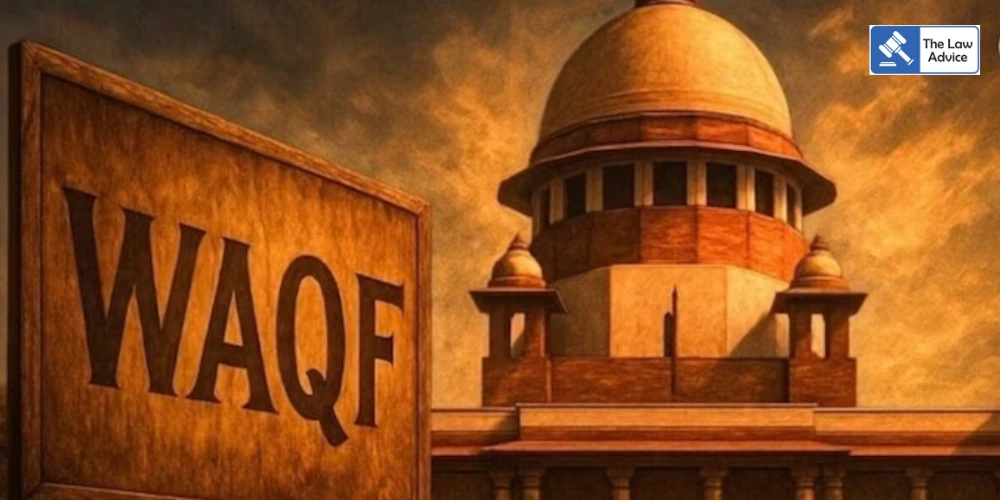The Supreme Court on Friday (August 22) declined to urgently list an application seeking suspension of the Union Government’s newly launched ‘Umeed Portal’, which makes online registration of all waqfs, including waqf-by-user, mandatory.
A bench led by Chief Justice of India BR Gavai orally clarified that the issue will be examined in its pending decision on pleas challenging the Waqf (Amendment) Act, 2025, where orders have already been reserved.
“You register it, nobody is refusing you from registration… we will be considering that part,” the CJI told Advocate Sharukh Alam, who mentioned the matter for urgent listing. Alam submitted that the registration requirements under the portal cannot be fulfilled by waqf-by-user and sought interim relief, but the Registry declined to list the application since the judgment is reserved.
On May 22, the bench of CJI Gavai and Justice AG Masih had reserved orders on interim relief in the batch of petitions assailing the 2025 Amendment.
Petitioners have challenged multiple provisions of the amended law, including:
• Omission of the ‘waqf by user’ concept
• Mandatory inclusion of non-Muslims in Waqf Boards and Council
• Limiting women’s representation to only two members
• Pre-condition of 5 years’ practice as a Muslim to create a waqf
• Dilution of waqf-alal-aulad
• Renaming of the Waqf Act, 1995 as Unified Waqf Management, Empowerment, Efficiency and Development Act
• Invalidation of waqfs over ASI-protected monuments
• Restrictions on waqfs in scheduled areas
• Application of the Limitation Act and wider powers of government to intervene in encroachment disputes.
Counsel stressed that with only a six-month compliance window under the new framework, the matter required urgent consideration. The Court, however, maintained that the issue would be dealt with in its forthcoming ruling.
